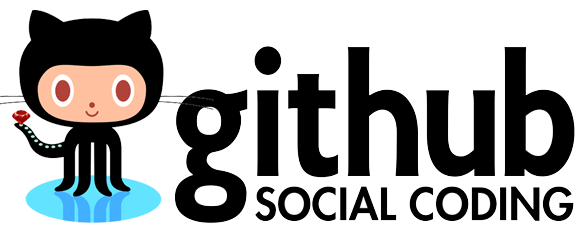Use the_title() and the_title_attribute() Correctly
WordPress provides a nice little function for displaying the title of the current post: the_title(). This function gets used all over the place: in the site header, at the top of single posts and pages, in the loop, in the footer, etc. It is probably one of the most commonly used functions by theme developers,…



